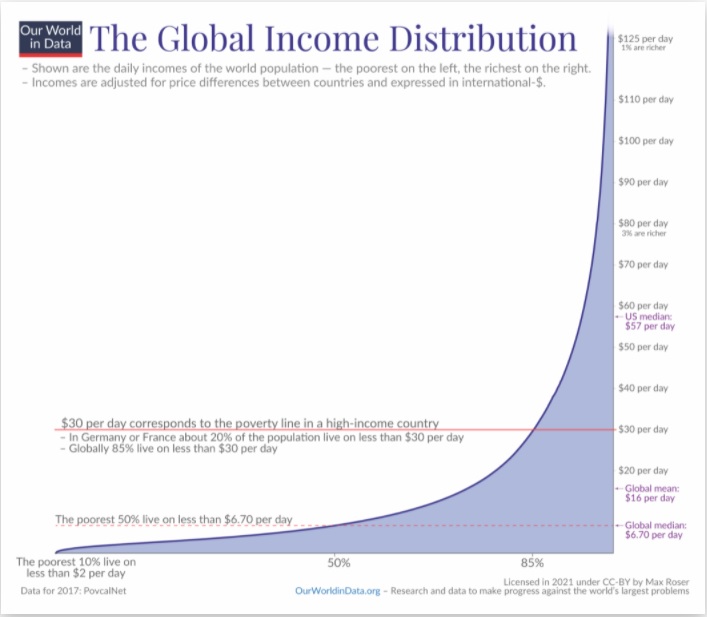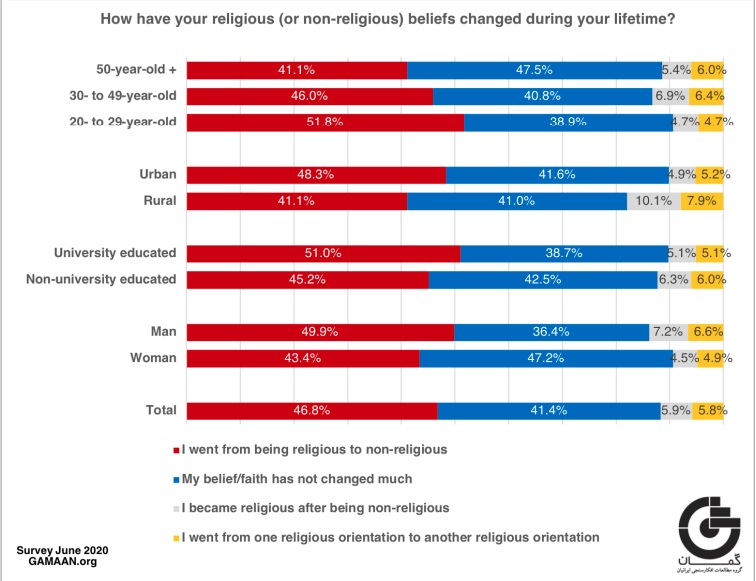We read all the stories of the difficulty companies have in finding workers and they tell us directly when we meet with them in our day job. But we hadn’t expected to see it illustrated in person during a dinner at Creole Soul Saturday night on the Des Moines waterfront (Des Moines, Washington, not Iowa, for those confused by how it has a waterfront). Fairly new and specializing in New Orleans cuisine we decided to give the joint a try. We took our place at the bar where we chatted with the woman running the front of the room. Let’s call her Thelma. Another woman, we’ll refer to her as Louise, was helping Thelma and we asked her how long she had been working at the restaurant. As it turned out, this was Louise’s first day.
During dessert as we spooned up the tasty banana pudding, Thelma noted how hard it was to find workers. She was acting as manager, bartender and waiter, while at the same time training Louise. We sympathized and finished off our Whisky Wiggle. As we signed the credit card receipt, Louise came up to Thelma behind the bar and said she couldn’t handle it anymore and was quitting. We’re not sure what drove her to such a rash decision on her first day, a mere two hours after she began work. We had witnessed no big mishaps or customers treating her harshly and she hadn’t received our tip yet. Louise had apparently been a regular customer of the restaurant, recruited by Thelma (who also was a former customer turned worker), so perhaps she merely discovered early that she liked it better on the other side of the apron. We speculate the seven-foot, former basketball player owner’s back ached more when he learned of this development. We feel the pain of businesses everywhere navigating this strange economy even as we examine global inequality, how the world is becoming less religious and celebrate(?) China’s 20th WTO anniversary. It’s this week’s International Need to Know, working in the coal mines of international information and data.
The quality is not so great in this video but, WOW, Dolly, Irma Thomas (the Soul Queen of New Orleans), Allen Toussaint and Dr. John together? Gotta insert it regardless
If you find yourself in Des Moines by the water, not by the farm, check out Creole Soul—the food was excellent. And if you need a job, well, we’re guessing they’re hiring.
I received word last night of the passing of Stan Barer, an old Seattle China hand, who pioneered the region’s relationship with that large, complicated country. I had the pleasure and honor of Stan’s support and advice on more than one occasion. In his latter years he might riff for an hour and much of it may not be fully necessary to the topic at hand but contained in that hour would always be a few nuggets of the most valuable insights and wisdom one could ever hope for. It was an honor to have known and worked with him. RIP
Without further ado, here’s what you need to know.
Global Inequality
Economic growth is good. Too much of the world is still poor and economic growth is what will help fix that. A recent post at Our World in Data brings this point home showing “The huge majority of the world is very poor. The poorer half of the world, almost 4 billion people, live on less than $6.70 a day.” As the article points out, basically where you are born determines much of what your life will be like. If you are born in a high income country, your life will likely be significantly better than if you are born in a low income country. As Our World in Data puts it: “where incomes are higher people live longer, children die less often, mothers die less often, doctors can focus on fewer patients, people have better access to clean drinking water and electricity, they can travel more, have more free time, have better access to education and better learning outcomes, and people are more satisfied with their lives.” Your life will be shorter too since life expectancy is lower in poor countries than in the richest ones. We need more economic growth around the world, an under discussed and under appreciated fact even though it is perhaps our most urgent and important need as a species. Those of us lucky by birth location, should work on this more.
John Lennon’s Imagine World
As many in America prance into the Christmas holidays, the country increasingly dances in a less religious hall. But what folks may not remember while imbibing in their rum infused eggnog and ignoring calls from their pastor or priest, is that this is true for much of the rest of the world, too, including the Middle East. Yes, recent surveys and polling have shown that putatively Muslim countries populations are increasingly not religious. The German publication DW has a round up of this data and notes that even in Iran this is the case: “A recent survey among 40,000 interviewees…which researched Iranians’ attitudes toward religion, found that no less than 47% reported ‘having transitioned from being religious to non-religious.’” But the phenomenon is found throughout the region with the rise of the non-religious, or what the article calls the “Nones.” There are increasing percentages of these “Nones in Iraq, Tunisia, Morocco and all over the Middle East.” Along with aging demographics around the world, the turn towards non-religiosity is probably the other most impactful and important global trend, with perhaps less predictable consequences than aging demographics.
China Corner: Happy 20th WTO Anniversary!
In November 1999 for the first time in our life we were booed…while exiting out of the convention center during the WTO meetings in Seattle by a vast horde of protesters who presumably 17 years later voted for Donald Trump given his anti-trade stances. This month marks the 20th anniversary of China acceding to the WTO and to mark the occasion, China announced it would maintain its status as a “developing country” within WTO but give up certain benefits to that status. Many policymakers and analysts rue the day the world allowed China to join the WTO, feeling that this allowed the country to stomp all over countries’ labor markets. Maybe so, but to quote our book, Challenging China: “It is true that China’s exports grew faster after accession to the WTO, increasing from $266 billion to $1.4 trillion between 2001 and 2008 for a five-fold increase. But even before China entered the WTO, it was not exactly an export slacker. Between 1990 and 2001, China’s exports increased more than four times from $62 billion to $266 billion. And as Arthur Kroeber notes, special circumstances helped amplify China’s exports post-joining the WTO. China benefitted ‘…from the explosion in global demand for computers and cell phones; and the world economy grew by 5 percent a year in 2003-2007, well above the long-run average.’” Of course, the Trump administration not only did not use WTO as a tool, it worked to destroy it as an institution, and the Biden administration so far is carrying on that policy. Happy 20th Anniversary everyone!





